Right to Repair: The Car Hacker’s Guide to Freedom—or Felony?
For decades, car enthusiasts popped open hoods with little more than a socket wrench, a Chilton’s manual, and some elbow grease. Tuning a carburetor or swapping a muffler didn’t require permission from a manufacturer. Fast forward to the 21st century, and cars are rolling computers on wheels—ECUs (Engine Control Units), dozens of microchips, and millions of lines of proprietary code govern everything from fuel injection to lane-keeping assist.
This software-driven shift has fueled one of the most heated debates in automotive culture: Should you have the legal right to repair, modify, or hack your car’s software? Or should automakers maintain strict control over the digital guts of their products?
That, right there, is the car hacker's dilemma.
At the heart of this fight are ECU locks, digital rights management (DRM), and proprietary diagnostic tools—technologies that shield the manufacturer’s intellectual property while making DIY repairs and modifications harder. It’s a battle pitting hackers and gearheads against automakers, regulators, and even safety advocates. And the outcome could reshape not only the future of car culture but also who truly owns the vehicle sitting in your driveway.
What Exactly Is the “Right to Repair”?
The Right to Repair movement argues that consumers—and independent mechanics—should be able to repair and modify the products they own, without being forced into a closed ecosystem of official parts, authorized service centers, or manufacturer-approved software updates.
It began in earnest with electronics. Farmers protested John Deere’s locked-down tractors. iPhone owners rallied against Apple’s proprietary screws, batteries, and parts pairing. Now, the automotive world is one of the biggest battlegrounds. In cars, Right to Repair touches three main areas:
- ECU Locks & DRM – The engine computer is essentially a black box. Manufacturers wrap it in DRM and encryption, making it illegal (under laws like the DMCA) to bypass those protections, even if it’s just to tweak performance or replace a part.
- Proprietary Diagnostic Tools – Car companies often restrict advanced diagnostic software, limiting full access to dealerships or authorized shops. Independent mechanics can’t always read fault codes, reprogram modules, or reset security systems without paying hefty licensing fees.
- Repair Documentation & Parts Access – Automakers sometimes withhold repair manuals, schematics, or official parts, nudging owners toward dealerships for costly service.
The Hacker Angle: DIY, Tuning, and Customization
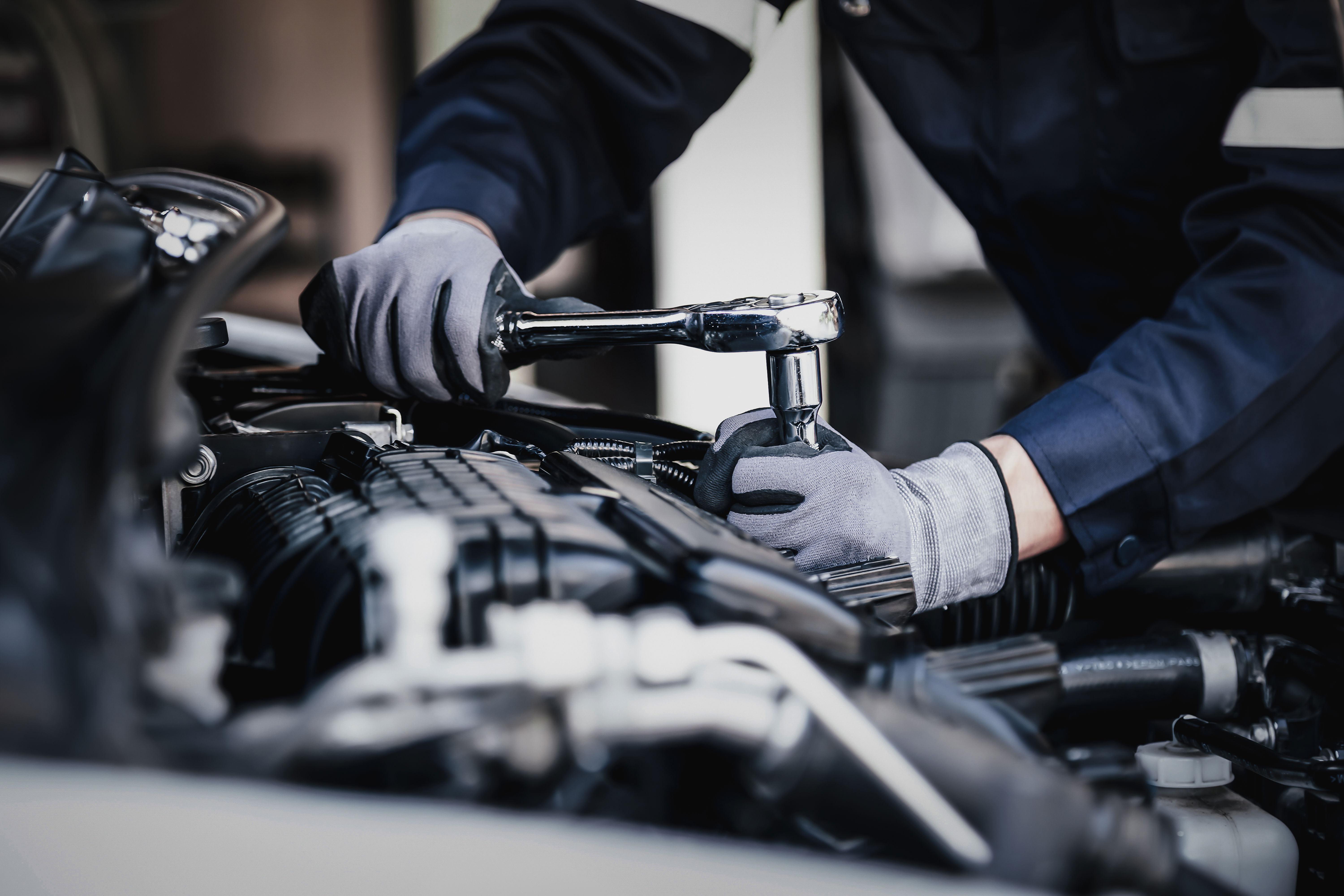
For hackers, tinkerers, and gearheads, cars have always been canvases for creativity. ECU tuning, for instance, can unlock hidden horsepower, improve fuel efficiency, or customize throttle response. But modern cars lock this behind layers of encryption.
Popular hacking projects include:
- ECU remapping (“chipping”) – Reflashing a car’s software to squeeze out more power or remove factory speed limiters.
- Infotainment mods – Unlocking hidden features, like extra navigation menus or disabling “nanny” restrictions on video playback while parked.
- Hardware swaps – Installing aftermarket turbos, exhausts, or sensors often requires recalibrating the ECU—something manufacturers don’t make easy.
- Retrofits – DIYers coding in features (adaptive cruise, digital gauge clusters, wireless CarPlay) that automakers reserve for higher trims.
To enthusiasts, this isn’t piracy—it’s passion. If you bought the car, you should have the freedom to make it your own. In fact, entire communities exist around reverse engineering firmware and sharing “jailbreak” tools. One hacker summed it up well on a popular forum:
“Locking down an ECU is like selling someone a guitar but telling them they can only play factory-approved songs.”
Automakers’ Counterargument: Safety, Emissions, and Liability
Manufacturers insist that software locks aren’t about greed but about safety, emissions compliance, and liability.

Cars today feature advanced driver-assist systems, stability control, and airbags—all coordinated by software. An unverified hack could disable safety features or create unintended interactions. Imagine someone tweaking their ABS software incorrectly—suddenly, brakes might not engage in a panic stop.
The infamous Volkswagen “Dieselgate” scandal showed how easily software can be manipulated to cheat emissions tests. Regulators are wary of aftermarket tuning that could turn a compliant engine into a smog machine.
Cars connect to the internet and sometimes even update over the air. A poorly secured hack could open doors for malicious actors, potentially allowing remote hijacking.
Automakers argue that tampering with ECU code makes it impossible to guarantee long-term reliability. If a hacked engine fails, who’s responsible?
From this perspective, locking down car software isn’t about stifling enthusiasts but about protecting the public.
Legal Landmines: DMCA and Beyond
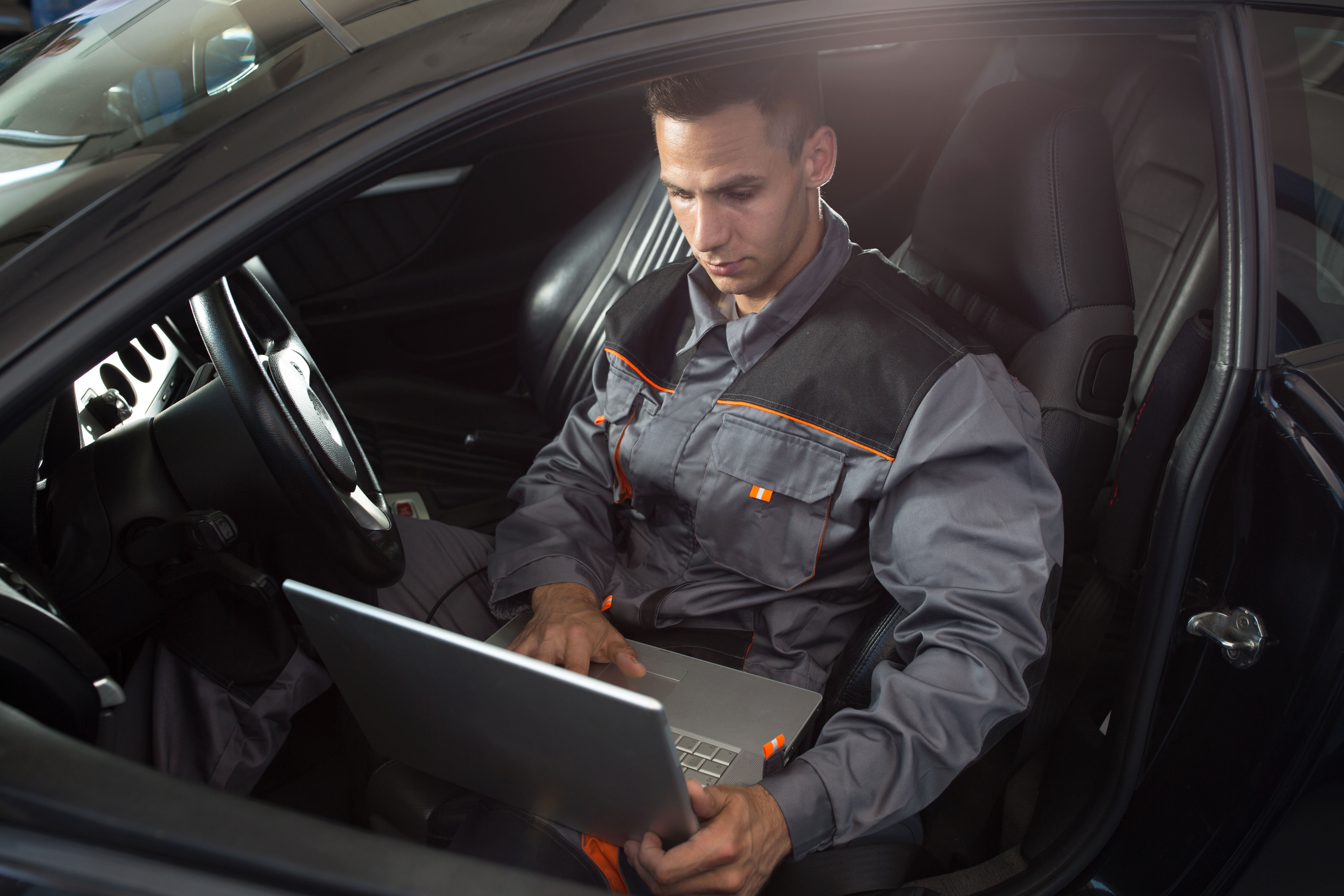
The legal backdrop to all this is murky and controversial. In the U.S., the Digital Millennium Copyright Act (DMCA) makes it illegal to circumvent digital rights management (DRM)—yes, even on your car’s ECU. Automakers lean on this law to argue that hacking their software constitutes copyright infringement.
That means even if you just want to repair your own car, technically, you could be breaking federal law. Consumer advocates have pushed back hard. The Library of Congress issues temporary exemptions to the DMCA every three years, and in recent cycles, car owners have won limited rights to bypass ECU locks for repair and maintenance.
But these exemptions are narrow and don’t cover performance mods. Meanwhile, Europe has taken a different approach, with stricter protections for independent repair shops. For example, EU rules require manufacturers to share certain diagnostic information with third parties. But even there, hacking ECUs remains a legal gray zone.
The Massachusetts Case: A Glimpse into the Future
One of the most high-profile fights happened in Massachusetts, where voters passed a Right to Repair law in 2012, forcing automakers to share diagnostic data with independent shops. In 2020, voters expanded the law to include telematics—wireless data sent from vehicles to manufacturers.
Automakers fought back in court, arguing that opening this data could create cybersecurity risks. But the case signaled something larger: consumers overwhelmingly support the right to control their own cars, even when manufacturers resist. If Massachusetts is the canary in the coal mine, more states may soon follow.
Purists vs. Hackers: The Cultural Divide
The debate isn’t just legal or technical—it’s cultural.
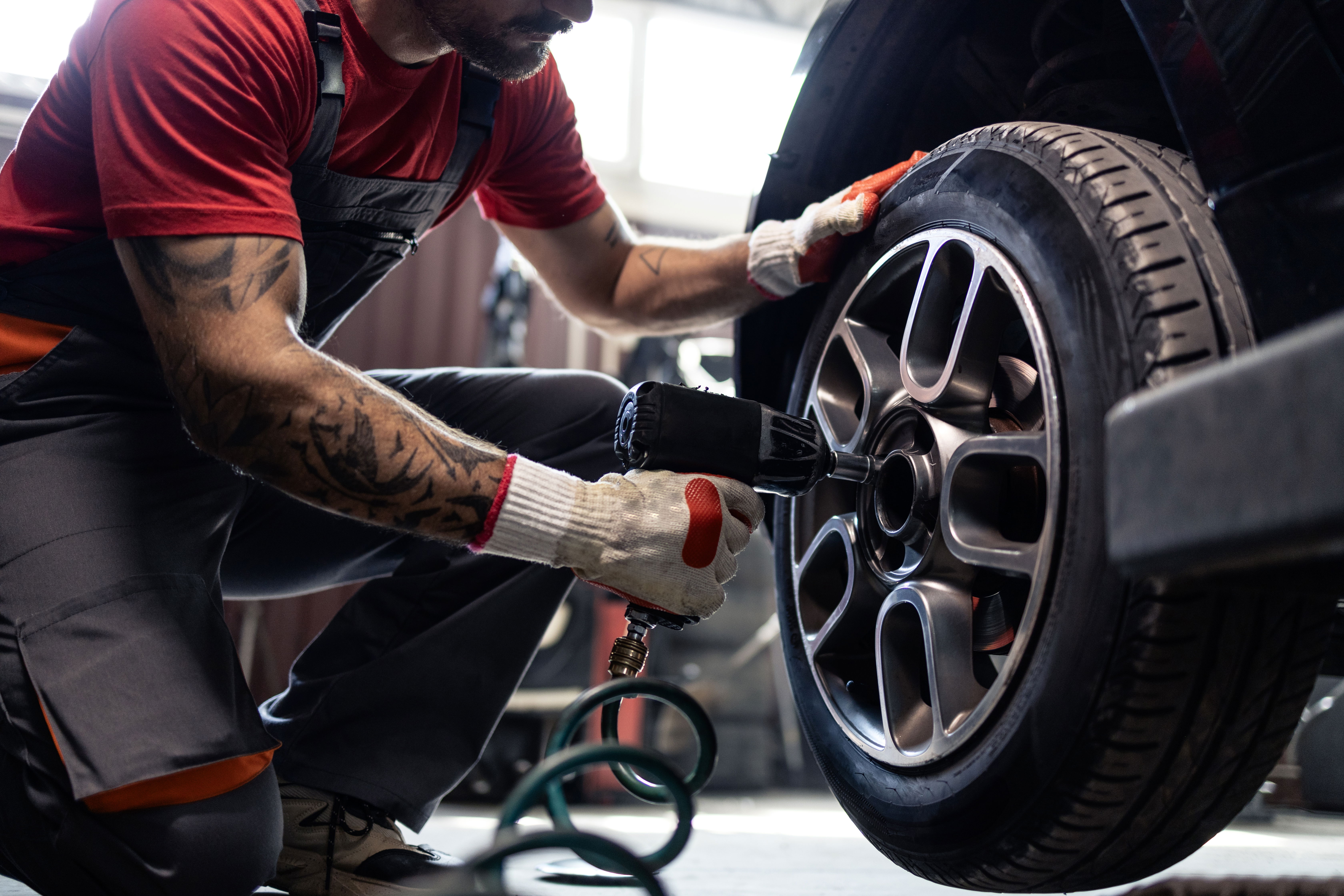
- The Hacker/DIY Camp: These folks see cars as personal property. They argue that ownership means sovereignty: if you can’t change the code running your engine, do you really own your car, or are you just leasing it from the manufacturer?
- The Purist/Safety Camp: Others—often car purists or safety-minded enthusiasts—argue that modern vehicles are too complex for backyard hacking. They fear sloppy ECU mods leading to dangerous cars on the road, or worse, DIYers getting duped by shady “tuners” selling snake oil software.
It mirrors the tension in other tech spaces, like jailbreaking an iPhone or rooting an Android device. For some, it’s liberation; for others, it’s reckless.
Case Studies: When Hacking Goes Right (and Wrong)
Right: Tesla Mods
Tesla has one of the most active hacker communities. Owners have unlocked faster charging, custom UIs, and even hidden “performance boosts.” Some third-party shops specialize in enabling features Tesla sells as pricey software upgrades. For DIYers, it’s proof of concept: cars can be personalized beyond factory settings.
Wrong: Diesel “Delete” Kits
On the flip side, the diesel tuning scene has seen widespread abuse. Some owners hack ECUs to disable emissions systems (EGR, DPF, DEF). While it boosts performance, it also turns trucks into rolling pollution machines. The EPA has cracked down hard, issuing multimillion-dollar fines to shops selling “delete” tunes.
Mixed: Infotainment Jailbreaks
Communities have successfully unlocked hidden menus and features on BMW iDrive and Toyota Entune systems. Some mods are harmless (adding custom themes), while others pose real risks (disabling safety warnings or enabling video playback while driving).
The Economics: Dealerships vs. Independent Shops
Beyond enthusiasts, the Right to Repair fight has major economic stakes. Dealerships often charge significantly higher labor rates than independent mechanics. If manufacturers can lock independents out of diagnostics, consumers are effectively trapped into higher costs.
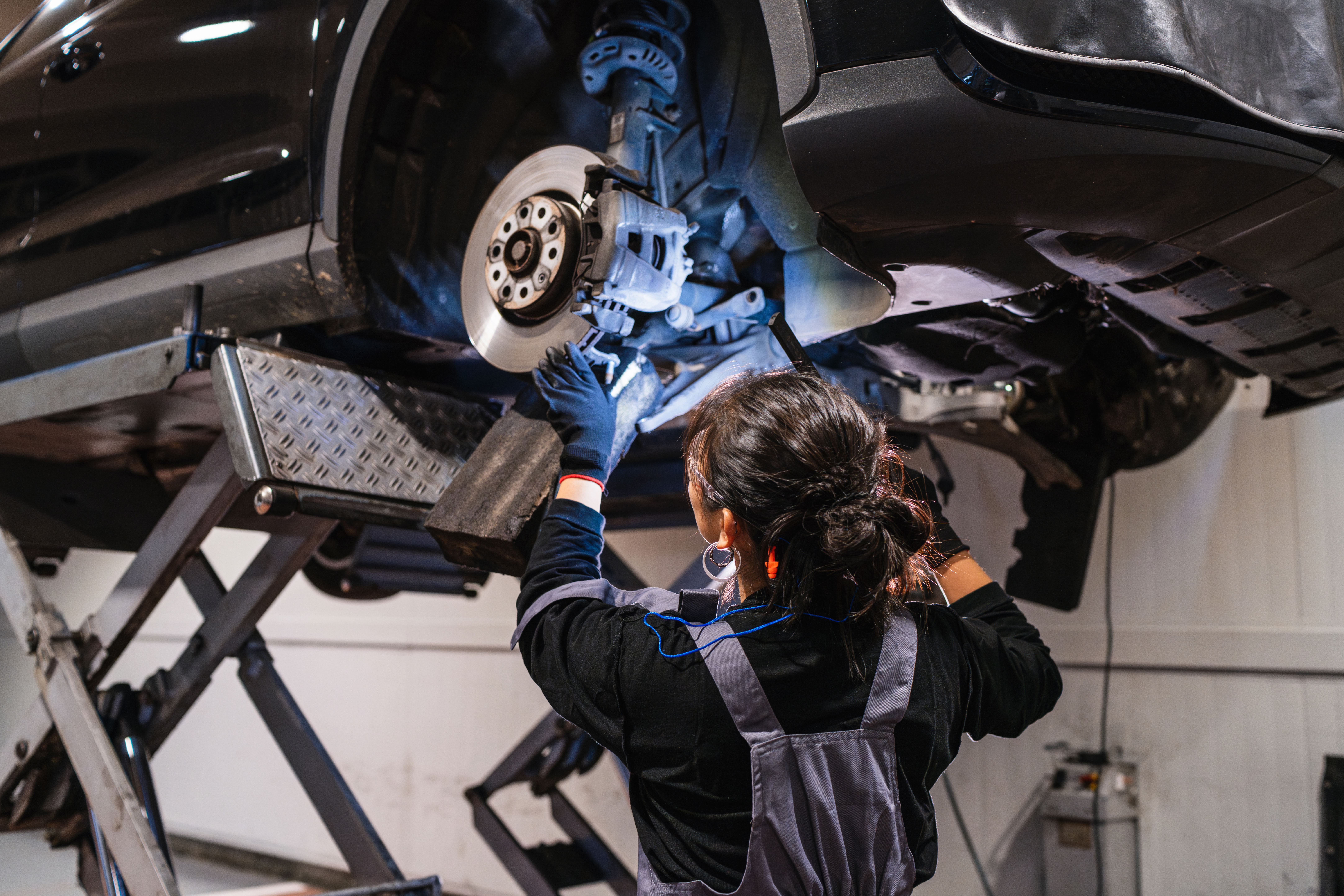
According to one industry survey, dealership repair costs average 30–40% higher than independent shops. That’s a big deal when the average car on U.S. roads is now over 12 years old.
Independent shops argue that without fair access to diagnostic tools, they can’t survive. For consumers, it means fewer choices, higher prices, and potentially longer wait times for service.
Where Do Regulators Stand?
Governments worldwide are grappling with this issue.
In the United States, federal Right to Repair legislation has been introduced but faces strong lobbying from automakers. The FTC has signaled support for consumers, calling out “unnecessary repair restrictions,” but comprehensive reform remains elusive.
EU regulations require automakers to share certain repair data, giving independents a stronger foothold. Still, software modifications remain tightly controlled.
For Canada and Australia, both countries have made moves toward requiring broader access to diagnostic data, often citing consumer choice and competition.
The global trend leans toward more openness—but automakers continue to lobby for exceptions on safety and cybersecurity grounds.
The Future: A Possible Middle Ground?
The most likely future isn’t absolute freedom or total lockdown—it’s a negotiated middle ground.
Possible compromises include:
- Certified Third-Party Access: Independent shops could gain access to diagnostic tools if they meet cybersecurity and training standards.
- Repair vs. Mod Distinction: Laws might explicitly allow bypassing DRM for maintenance and repair, while still restricting performance mods.
- Open Data Standards: Industry-wide standards for diagnostics could prevent monopolies without exposing cars to major hacks.
- Aftermarket Partnerships: Automakers might collaborate with trusted aftermarket companies to allow safe, approved modifications.
SO, Who Really Owns Your Car?
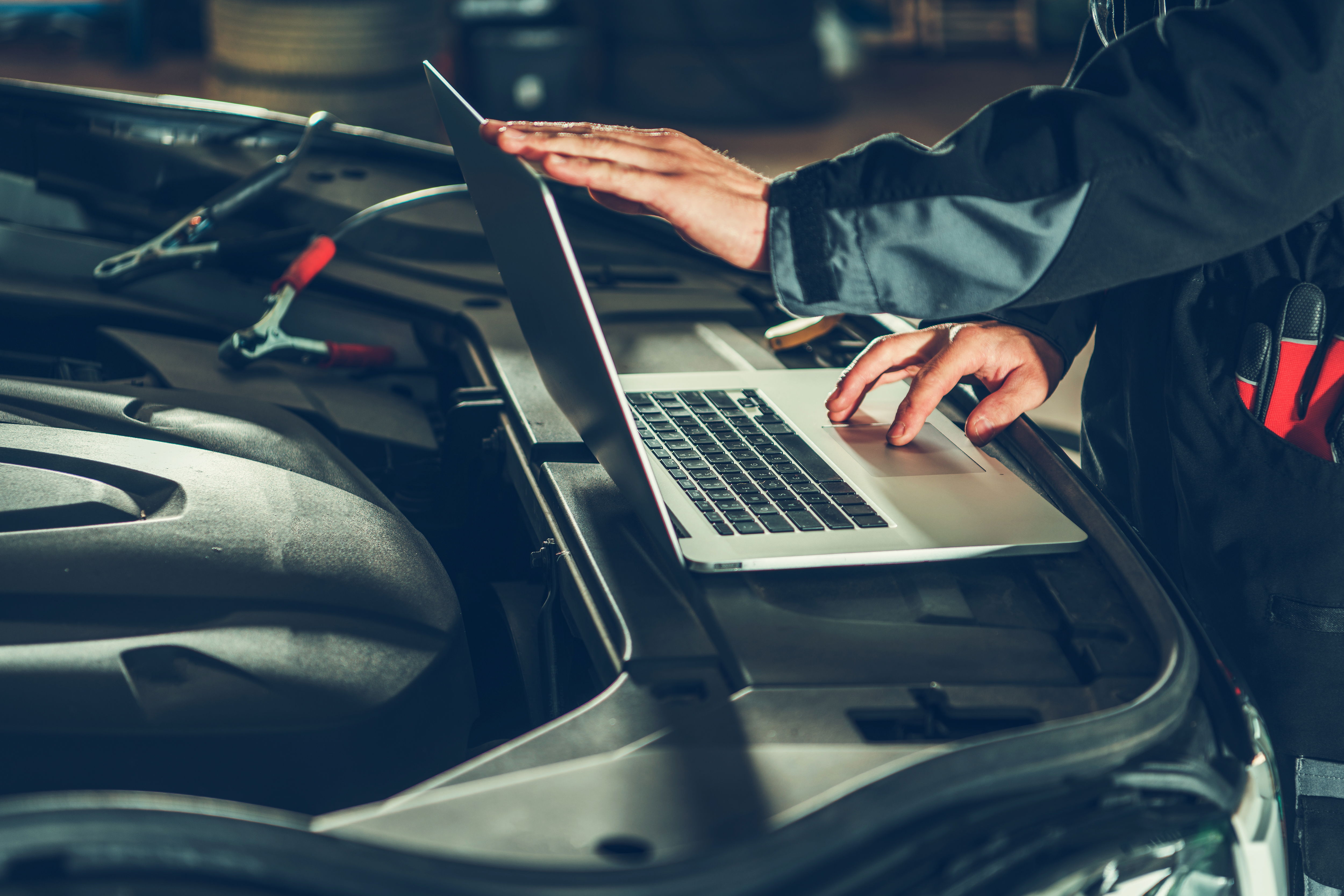
The Right to Repair debate boils down to a philosophical question: Do you truly own your car, or are you just renting access to its software under the manufacturer’s terms?
For hackers and DIYers, the answer is clear—ownership without control is hollow. For automakers, the risks of open software are too high to ignore. The courts, regulators, and public opinion will ultimately decide where the line is drawn. What’s undeniable is that the car has become more than a machine.
It’s now a platform—part transportation device, part computer, part cultural artifact. And just like with phones, laptops, and tractors, the battle over who controls that platform will shape the next era of car culture. So, should you be allowed to hack your own car’s software? If you ask the purists, probably not. If you ask the hackers, you already should.
But if you ask lawmakers—well, the jury’s still out. One thing’s certain: the garage of the future won’t just have wrenches and oil pans. It’ll need laptops, decryption tools, and maybe even a lawyer.